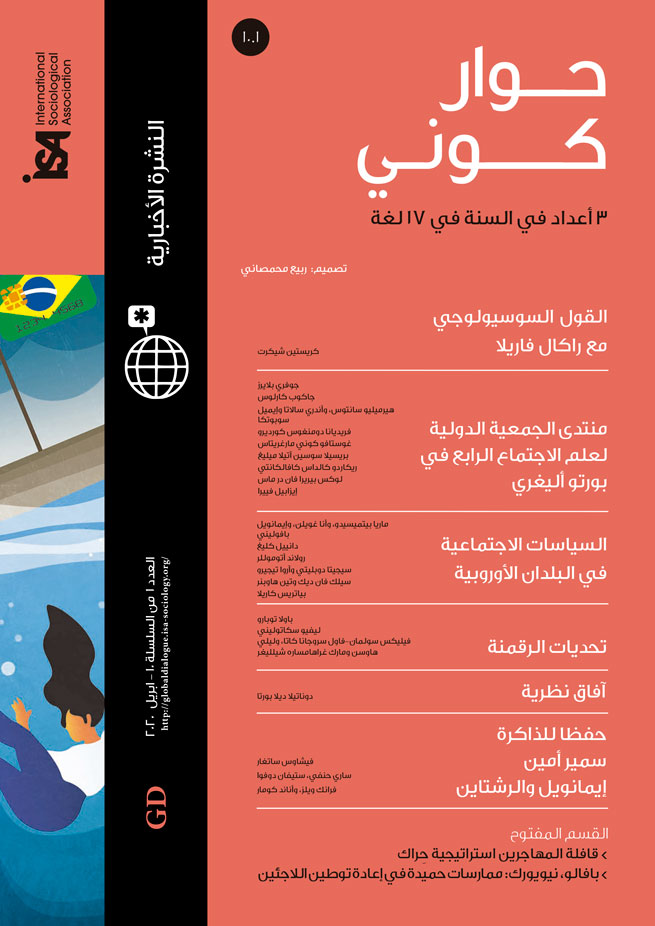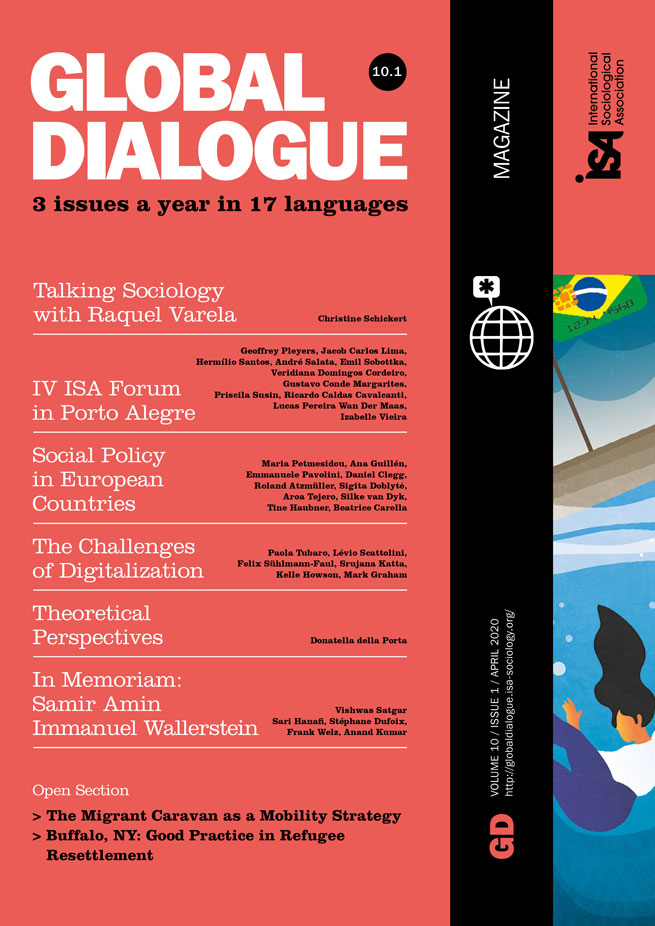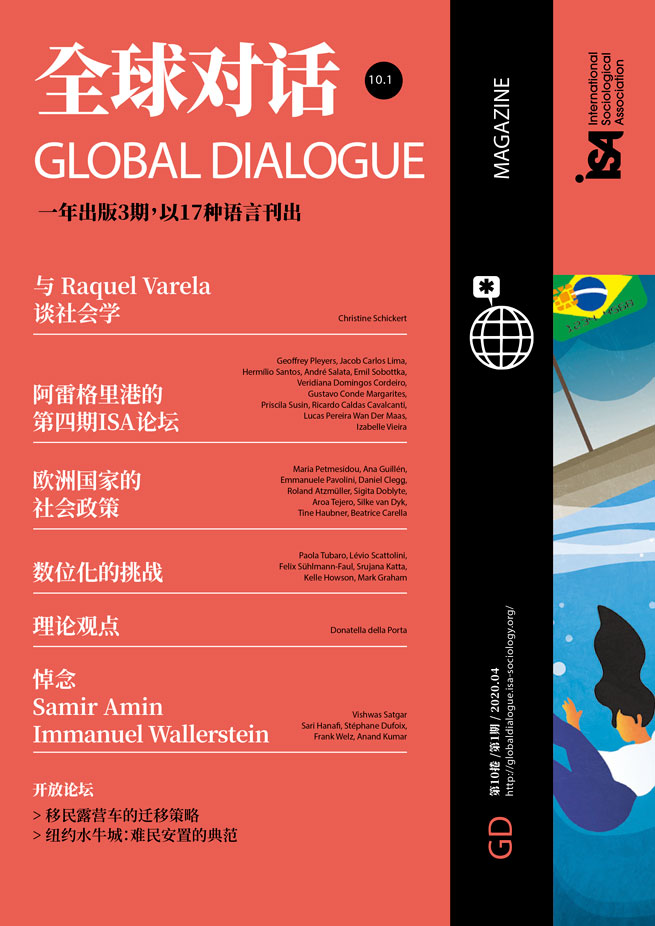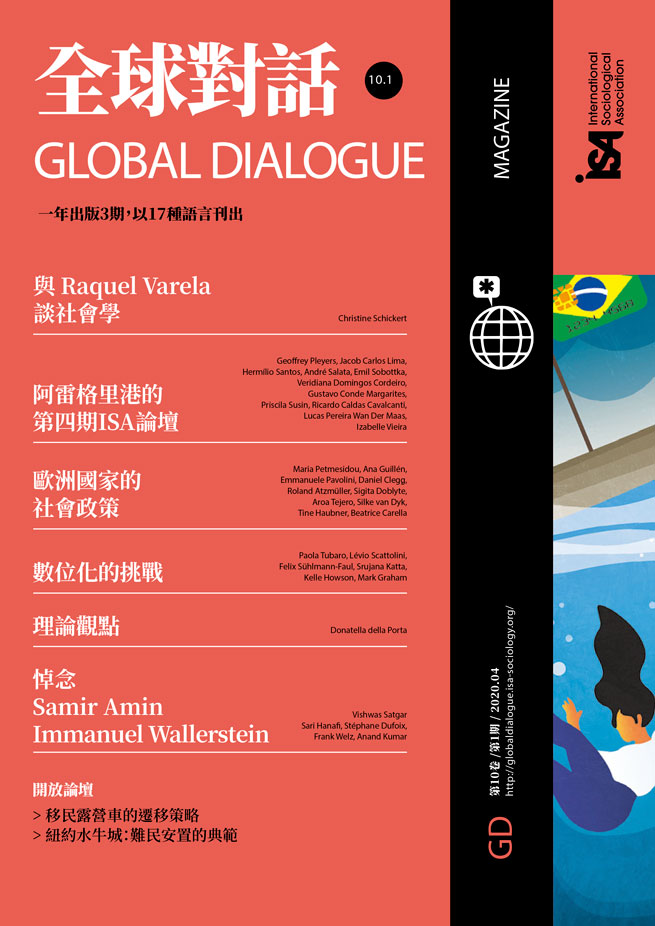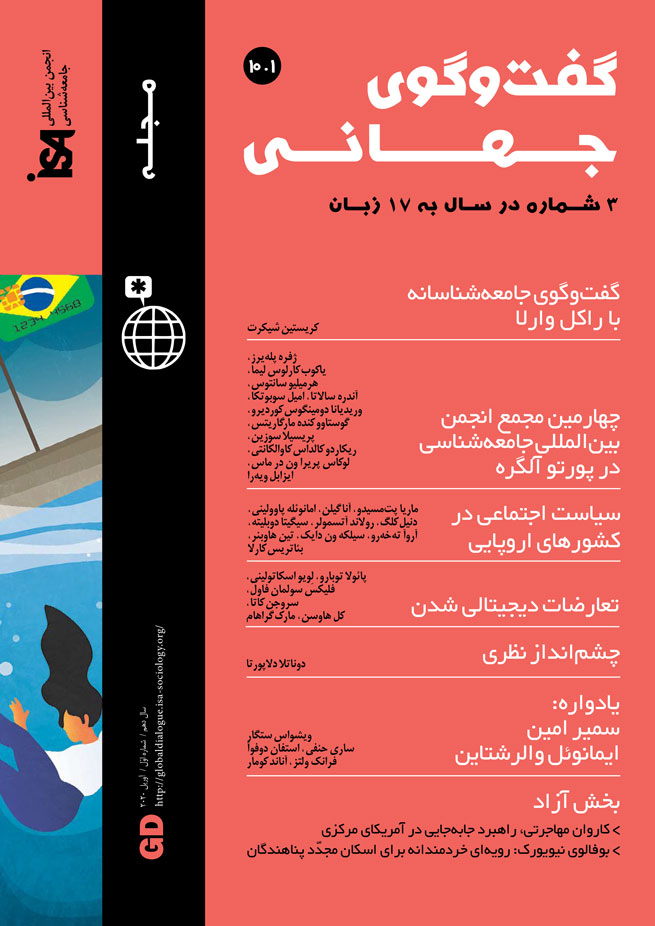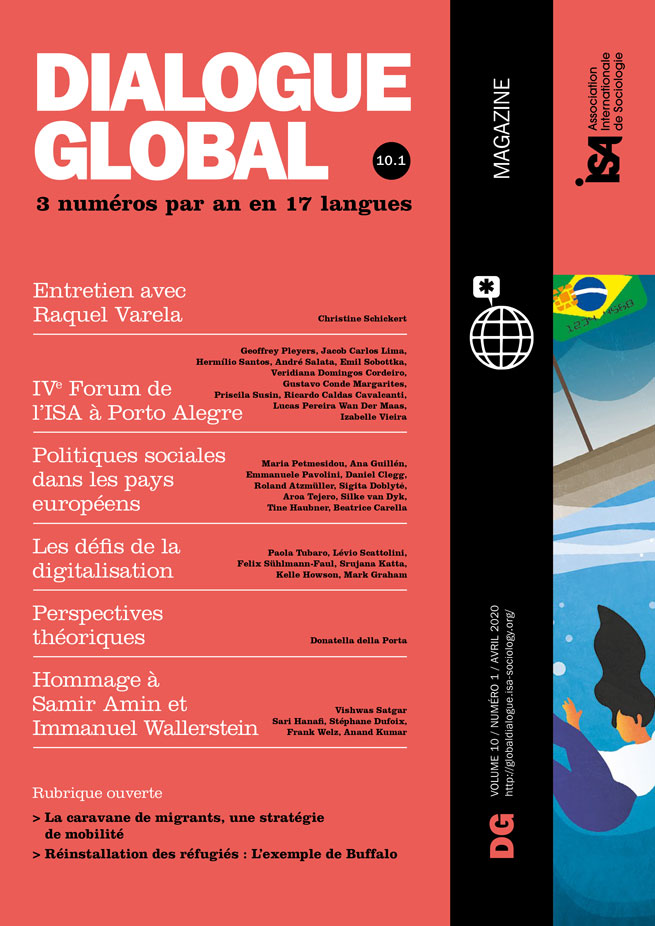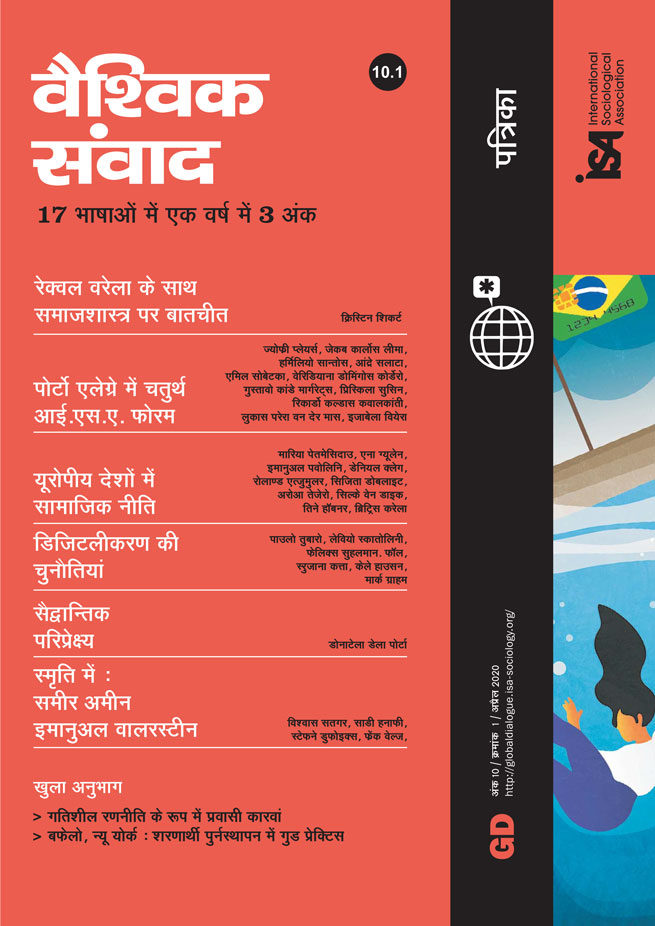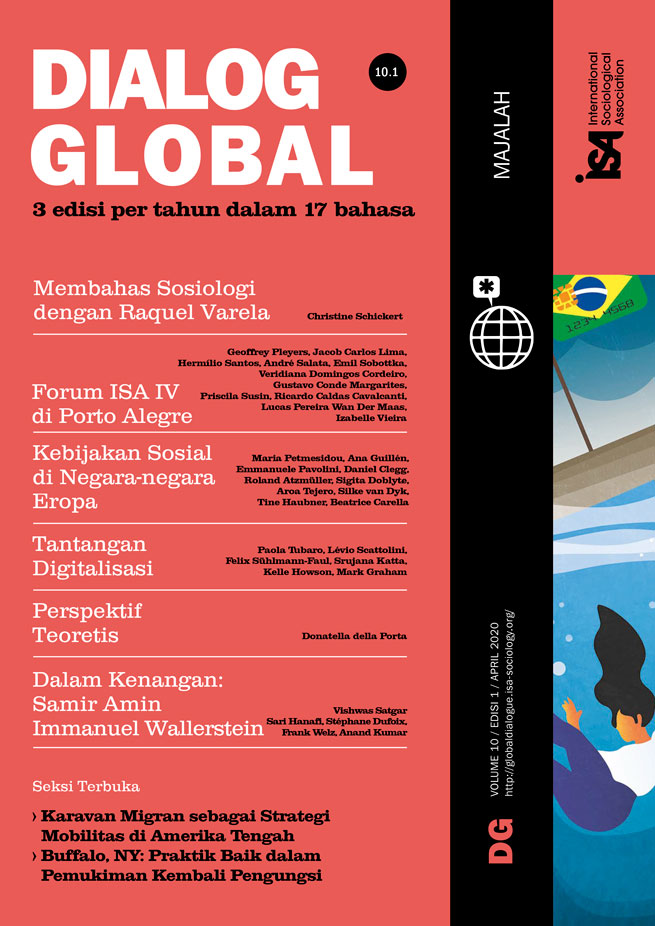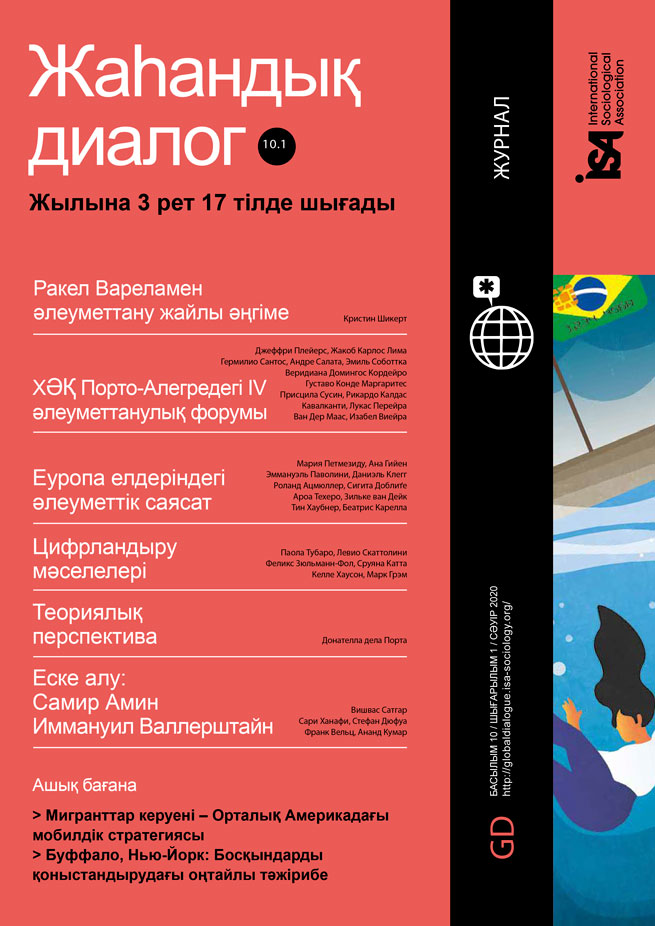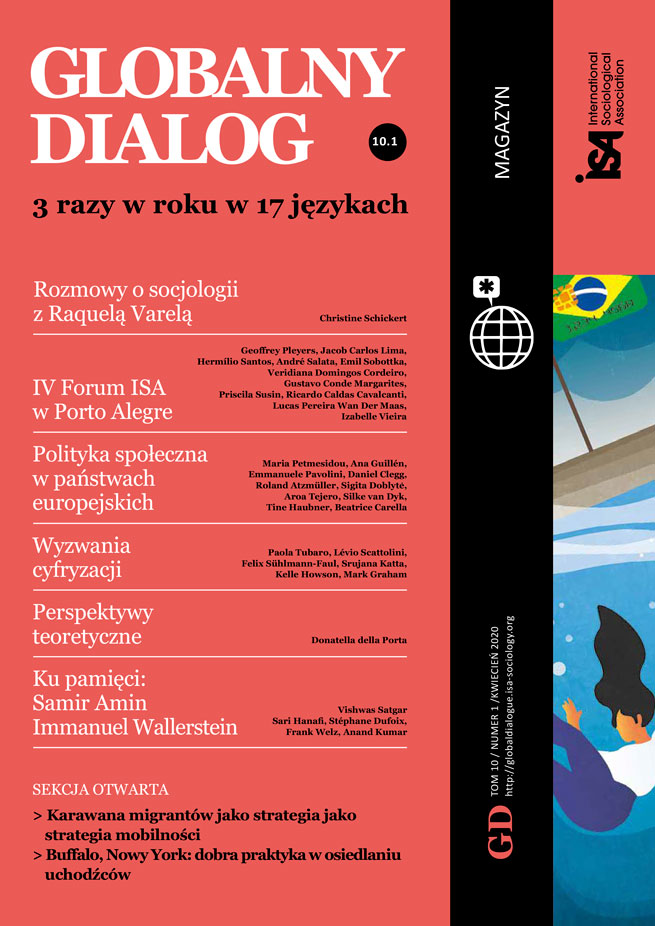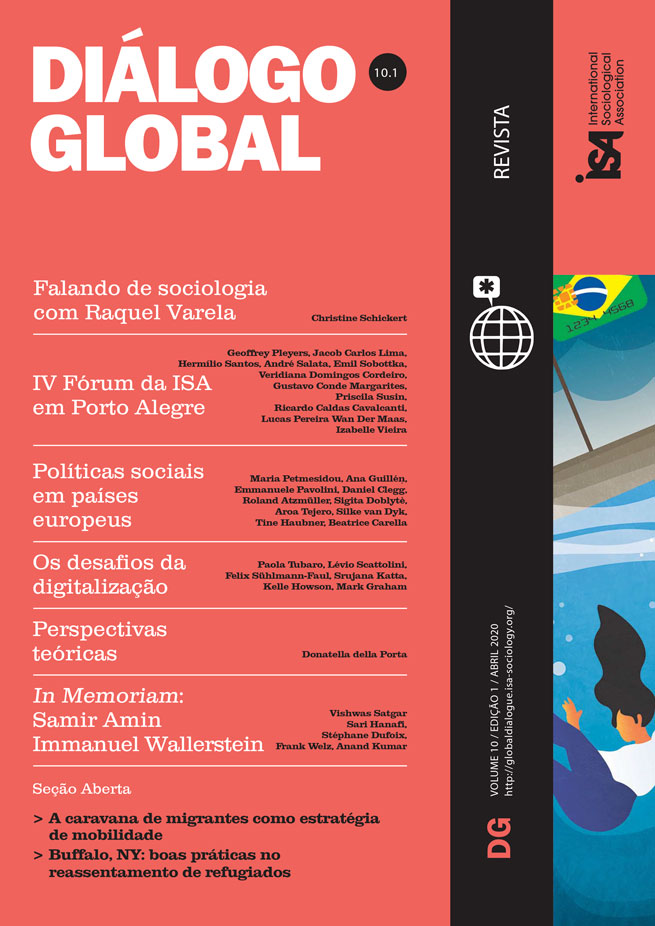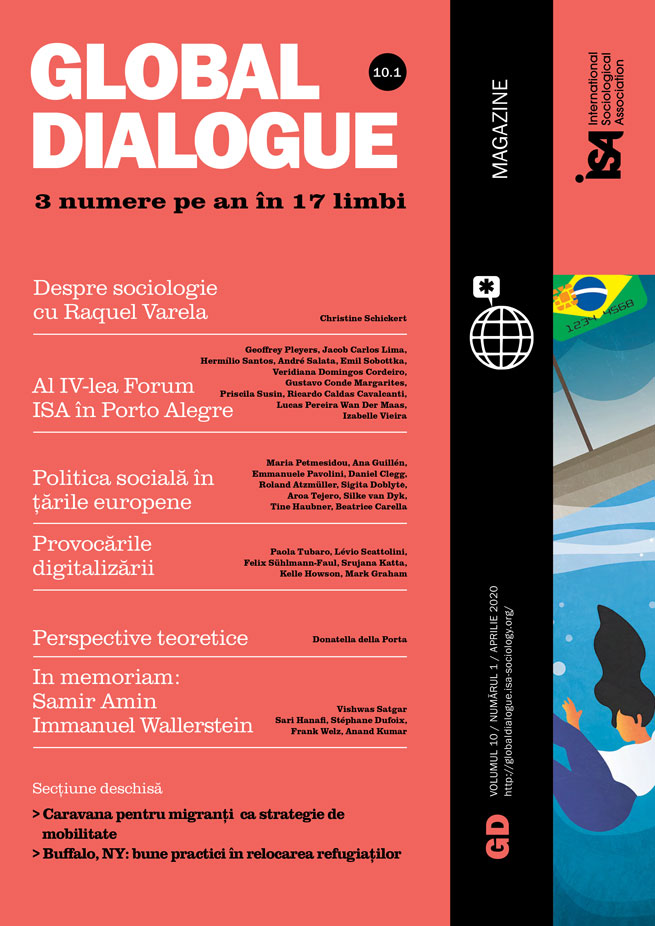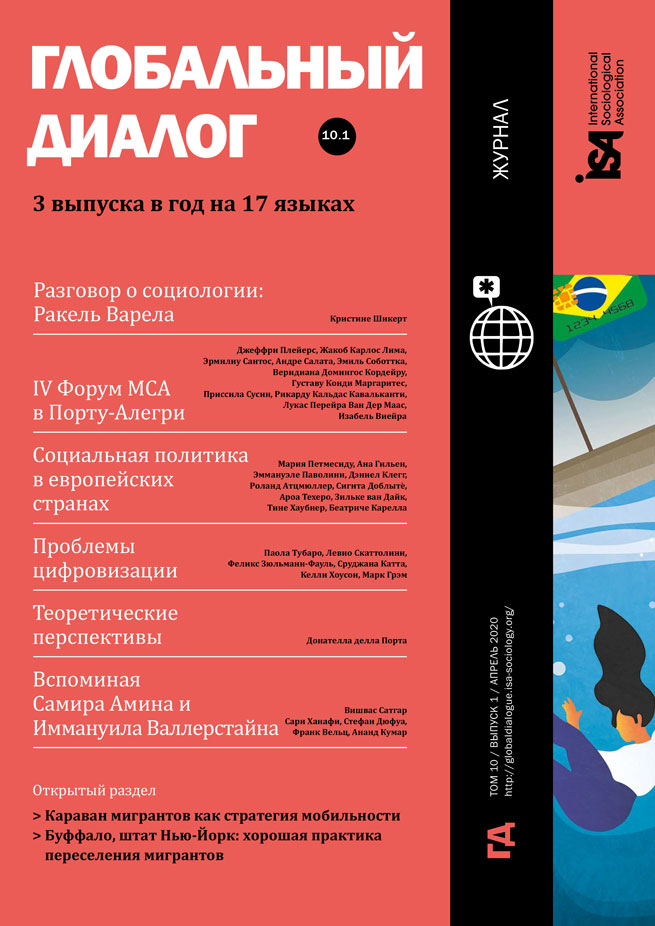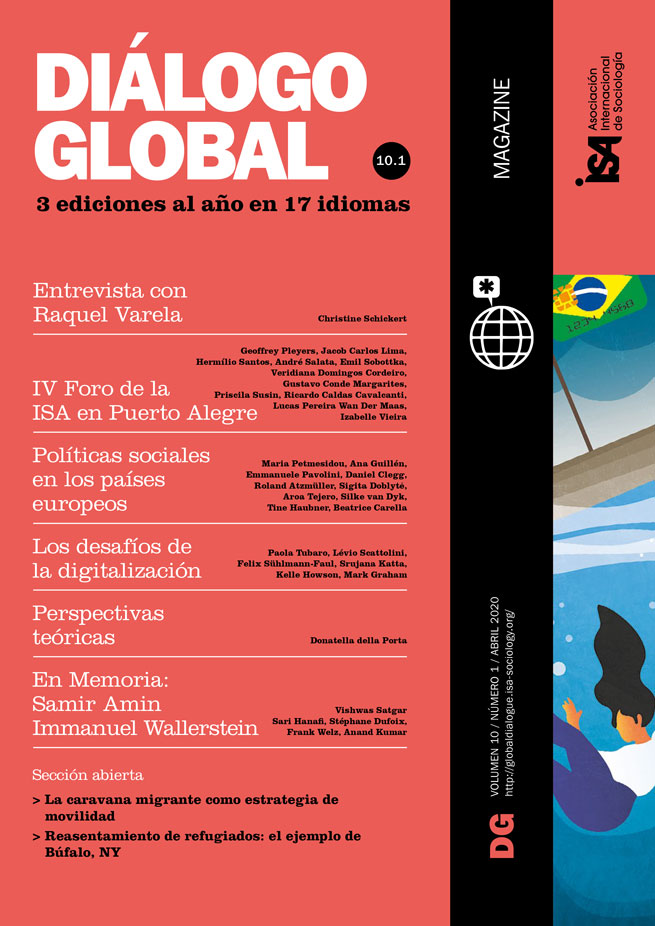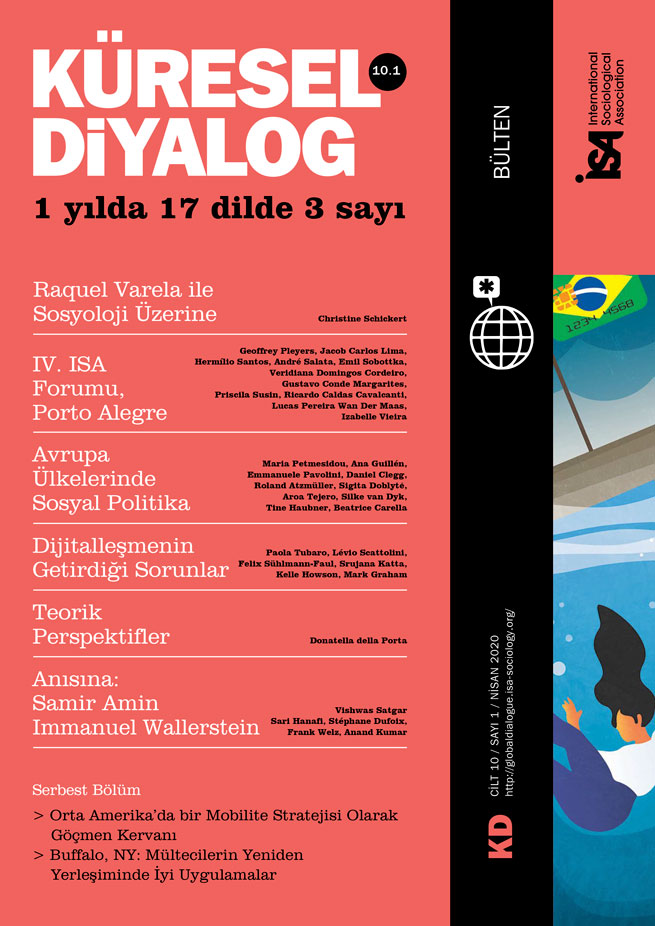Read more about In Memoriam: Immanuel Wallerstein (1930-2019)
I. Wallerstein: Giving Sociology a New Coherence
by Anand Kumar and Frank Welz
February 21, 2020
Many events have troubled our sociological community in the last few months. Three prominent sociologists have passed away: Immanuel Wallerstein, Aníbal Quijano, and Erik Olin Wright. Yet, the International Sociological Association (ISA) is particularly indebted to Wallerstein, who was its president between 1994 and 1998. He is the author of the much celebrated four-volume masterpiece The Modern World-System, which proposes world-systems analysis to unthink the dominant theory of modernization – an analysis that remains as compelling today as in the 1970s, when he started writing. By arguing that the economic, the political, and the sociocultural are not autonomous arenas of social action and by calling for all analyses to be simultaneously historic and systemic, he re-centered sociology around comparative history, political economy, and theories of capitalism, laying the foundation for anticolonial and postcolonial sociology.
His immense organizational contribution was to “open up” the ISA by establishing direct contact with its membership by starting a tradition of presidential letters to members, and by organizing regional conferences that cultivated new generations of sociologists who would later become leaders of their national sociologies as well as of the ISA.
Translated into many languages, Wallerstein’s books testify to his influence worldwide. In the Arab world, five of his books and many of his articles were translated, and his friendship with the dependency theorist Samir Amin made him one of the heroes of the Arab world. This situation is a complex one to analyze. At first sight, in important books such as Unthinking Social Science (1991) or the report of the Gulbenkian Commission on the restructuring of the social sciences that he chaired (1996), very few non-Western social scientists are cited (Samir Amin in the former, and Engelbert Mveng in the latter). However, a closer look shows that the Fernand Braudel Center that he directed at Binghamton University was a place where numerous Latin American social scientists from the Modernity/Coloniality group (such as Aníbal Quijano, Enrique Dussel, Walter Mignolo, and Ramón Grosfoguel) found a haven or at least a place to present their analyses during the 1990s. Moreover, in his 1998 Presidential Address before the XIVth World Congress of Sociology in Montreal, his second (out of six) challenge to the traditional “culture of sociology” was one to Eurocentrism and he quoted at length the work of Egyptian and French sociologist Anouar Abdel-Malek.[1]
As early as 1971, considering that the disciplinary divisions established in the late nineteenth century “no longer serve[d] any heuristic purposes,”[2] Wallerstein called for reuniting the social sciences with humanities and history. He pushed for their recreation by accepting that “rationality involves the choice of a moral politics and that the role of the intellectual class is to illuminate the historical choices we collectively have,” as he put it in The End of the World as We Know It: Social Science for the Twenty-First Century. Without this “substantive rationality,” he argues, social scientists will become socially irrelevant. In his last commentary on July 1, 2019 he exerted us to be relevant: “[T]he world might go down further bypaths. Or it may not. I have indicated in the past that I thought the crucial struggle was a class struggle... What those who will be alive in the future can do is to struggle with themselves so this change may be a real one.”
He believed in a terminal crisis of capitalism, yet this towering intellectual left us long before a better world could be made possible.
[1] Wallerstein, I. (January 1999) “The Heritage of Sociology, the Promise of Social Science.” Current Sociology 47(1): 1-37.
[2] Wallerstein I. (November 1971) “There is No Such Thing as Sociology.” The American Sociologist 6(4): 328.
Sari Hanafi, American University of Beirut, Lebanon and President of the International Sociological Association (2018-2022) <sh41@aub.edu.lb>
Stéphane Dufoix, University of Paris Nanterre and Institut universitaire de France, and member of ISA Research Committee on the History of Sociology (RC08) <stephane.dufoix@wanadoo.fr>
This issue is not available yet in this language.
Request to be notified when the issue is available in your language.
If you prefer, you can access previous issues available in your language:
